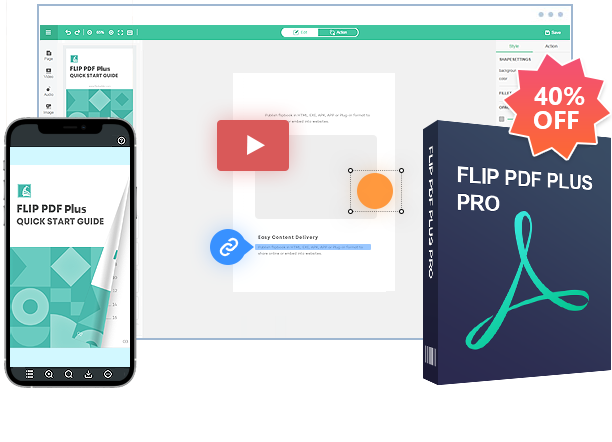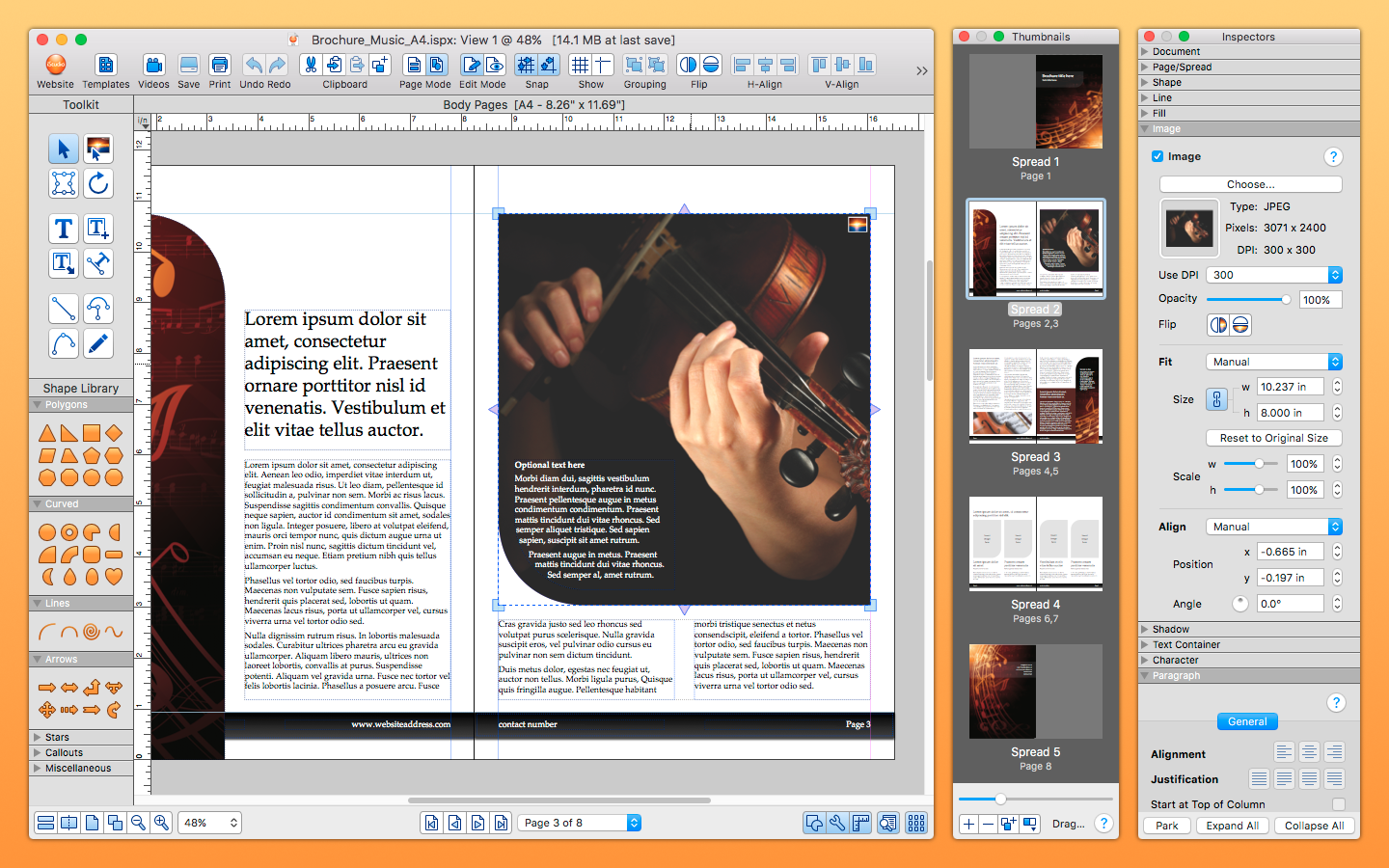

- #PUBLISHER PLUS REMOVE BACKGROUND FULL#
- #PUBLISHER PLUS REMOVE BACKGROUND REGISTRATION#
- #PUBLISHER PLUS REMOVE BACKGROUND LICENSE#
However, if the writer in such case dies prior to the renewal, then the copyright law grants to certain surviving heirs the right to claim the renewal term despite the writer’s previous agreement.ĪSCAP does not file copyright renewals on behalf of its members. However, if a writer enters into an agreement assigning the renewal term and the writer is still alive when the renewal is to become effective, the copyright in the renewal term will belong to the assignee (e.g., the publisher). The renewal belongs generally to the writer.
:max_bytes(150000):strip_icc()/how-to-use-zoom-s-virtual-background-feature-47998111-bb7d9c01c71e43268a8333081d29f9e9.jpg)
#PUBLISHER PLUS REMOVE BACKGROUND REGISTRATION#
Generally, only works copyrighted prior to Janurequire renewal registration with the Copyright Office. In order to obtain the renewal term for pre-1978 works, filing a renewal registration with the Copyright Office may be necessary. Because more than 28 years have passed since Decem(the last day before the effective date of the "new" Copyright Act), all pre-1978 works that are still in copyright are now in their renewal terms. For any of these works, the copyright term is divided into two terms: (1) an initial term of 28 years following the earlier of the work's (a) creation and publication with notice or (b) registration, and then (2) a renewal term of an additional 67 years. works in copyright before January 1, 1978). The concept of renewals affects only "pre-1978" works (i.e.
#PUBLISHER PLUS REMOVE BACKGROUND FULL#
These works do not require renewal to exercise the full life of the copyright. Works created on or after Janu(or created but unpublished before 1978) have a single copyright term that extends, in most cases, for the life of the author plus 70 years (or in the case of co-written songs, plus 70 years from the last surviving author’s death).
#PUBLISHER PLUS REMOVE BACKGROUND LICENSE#
For example, if a TV or film producer acquires the performance rights to your music through an irrevocable license, or "buy-out" deal, you will not be able to receive public performance royalties when that show or film is sold or licensed to a downstream music user, or shown or broadcast in a foreign territory.ĪSCAP cannot answer inquiries concerning payments for direct or source licensed performances.ĪSCAP cannot audit the music user or program producer on your behalf.ĪSCAP cannot make up the difference in performance royalties if your ASCAP royalties would have been greater than what you received under the direct or source license.Īlthough ASCAP cannot advise you on what terms you should seek in a direct or source license, ASCAP may be able to provide you with information on what you might earn in ASCAP royalties if we were to license those performances for you.Ĭopyrights do not have an unlimited duration. There may also be instances in which a direct or source license might impact your ability to earn royalties from other music users. Keep in mind that while music users and program producers may offer up-front, lump-sum payments, it may be difficult to value or predict the future commercial success of your musical works.

You may also wish to assess the importance of your specific works or catalog to the music user's business.

You should attempt to obtain as much information as possible about when and how the music will be used and the license terms being offered to others. You should consider seeking the advice of a music attorney or business advisor before entering into a direct or source license.


 0 kommentar(er)
0 kommentar(er)
